Increase household income
Vietnam Electricity (EVN) has just sent a document to the Ministry of Industry and Trade requesting the Ministry to soon issue guidelines for developing rooftop solar power without connecting to the grid. Previously, from mid-2022, EVN also submitted a document on handling and resolving problems arising from rooftop solar power. In particular, the key issue is connecting solar power systems for on-site self-consumption, without connecting to the grid.
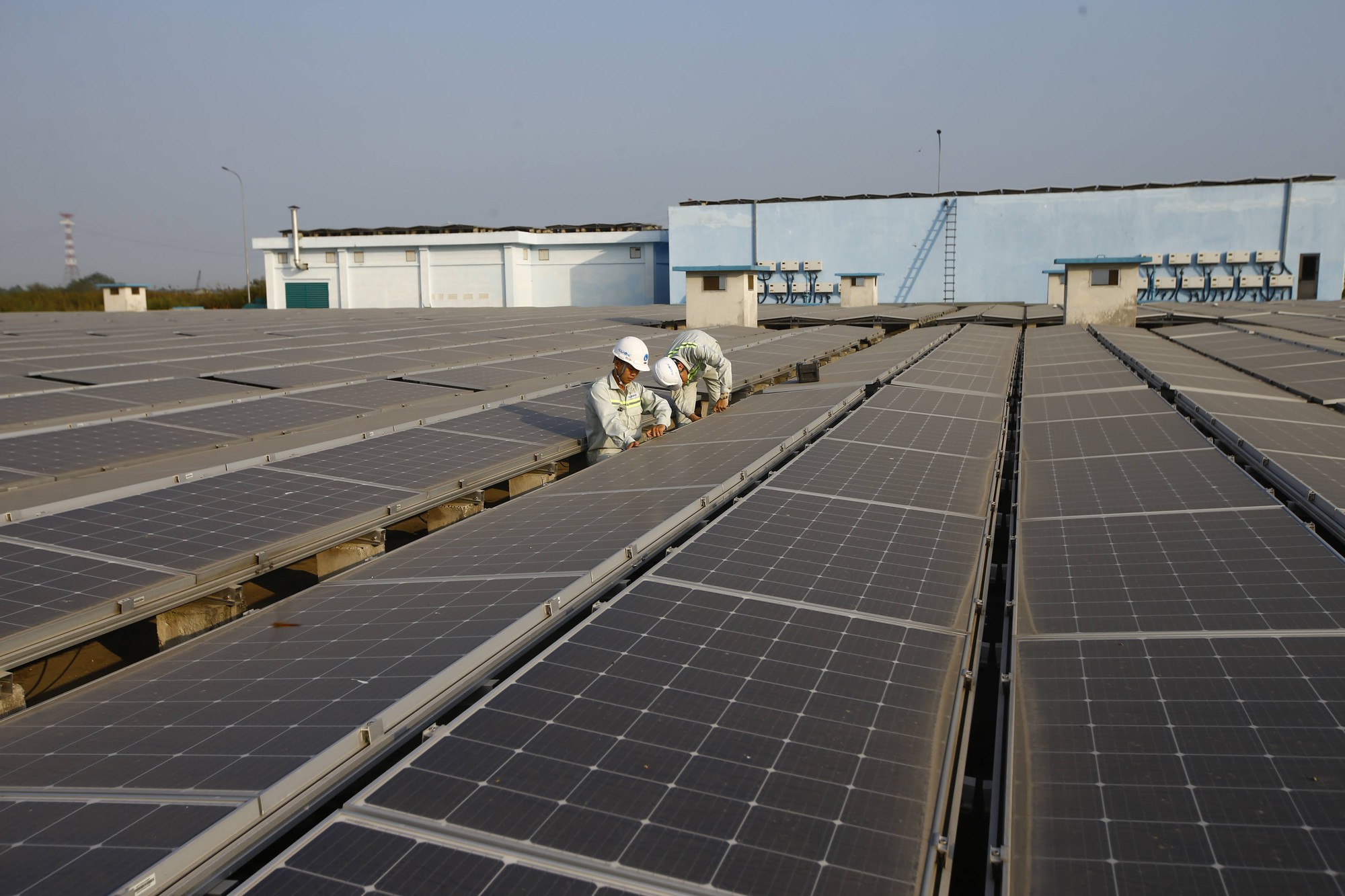
Many businesses and households want to buy and sell rooftop solar power directly.
This is also one of the contents mentioned in the National Power Development Plan for the period 2021 - 2023, with a vision to 2050 (Power Plan 8) recently approved by the Prime Minister in Decision 500/2023. Power Plan 8 clearly states: "Prioritize and have breakthrough policies to promote the development of rooftop solar power of people and construction works, especially in areas at risk of power shortages such as the North and self-produced and self-consumed solar power. From now to 2030, the capacity of this type of power source is estimated to increase by 2,600 MW. This type of power source is prioritized for unlimited capacity development, with reasonable costs and taking advantage of the existing grid, without having to upgrade".
According to Mr. Vo Quang Lam, Deputy General Director of EVN: "If the direct electricity trading mechanism is issued soon, it will create opportunities for customers to trade directly with renewable energy investors. With rooftop solar power, the trading of electricity output between families is also a form applied by many countries in the world and EVN has assigned the Central Power Corporation to research and implement. EVN only supports connecting units and is responsible for transmission and distribution. That is, using EVN's grid and transmission to support people and businesses to directly trade electricity. If in residential areas, industrial parks related to the on-site grid, investors will negotiate directly with each other".
In fact, household solar power was developed massively in 2020 from Decision 13 (April 6, 2020) on the mechanism to encourage the development of solar power. With this policy, households can install solar power for use and sale, reducing the pressure on EVN in finding alternative power sources. However, by the end of 2020, this decision expired. Since then, the "fate" of rooftop solar panels has also been "hanging" waiting for the mechanism. Therefore, by the end of 2021, rooftop solar power alone had more than 104,000 projects installed, with a total capacity of nearly 9,600 MWp, and an output to the grid of more than 3.57 billion MWh. The total installed capacity of rooftop solar power is very large, but the actual output to the grid is not high.
Dr. Tran Van Binh, member of the World Renewable Energy Council
Talking to Thanh Nien, many households in the southern region, who have invested in rooftop solar power, have excess capacity, and want to be guided soon to sell electricity to neighbors with the simplest procedures. Ms. Nguyen Thi Hieu (Binh Duong) said that several large rooftop solar power projects have been delayed in generating electricity because they are waiting for the price mechanism, and the solar panels installed on the roofs of households that invested in the project have excess electricity and cannot be shared or sold to anyone, which is a waste. "The family installed rooftop solar power themselves, used it themselves, but had excess capacity, and could not request to send it to the grid. Meanwhile, the neighboring households have demand, and want to sell electricity at a cheaper price to them using the electricity industry's total meter, but it is difficult because there is no such policy. If we are guided to sell electricity to neighboring households, my family will have an additional monthly income of about 7-8 million VND, making up for the long-term losses in the past time," Ms. Hieu said.
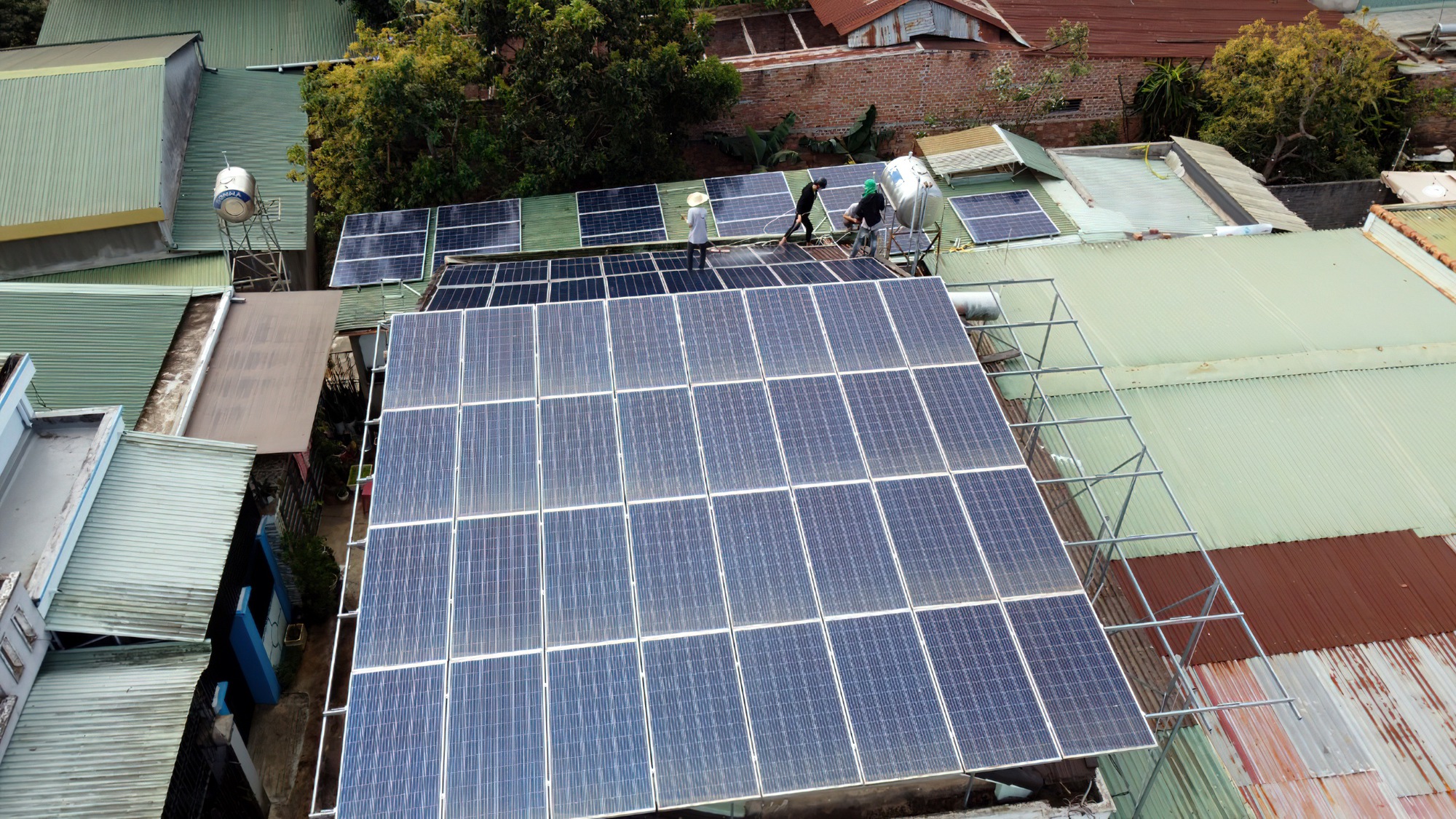
Many businesses and households want to buy and sell rooftop solar power directly.
Premises for a competitive electricity market
According to experts, rooftop solar power is a distributed source of electricity and is convenient for on-site consumption. In addition to the roofs of households, the roofs of agencies, offices, schools, hospitals, restaurants, hotels, commercial centers, factories in industrial parks, etc. are also places where installation can take place. Many northern provinces still have great potential for rooftop solar power development, due to the average daily radiation intensity of about 4 kWh/m2/day, and the number of sunny hours per year of about 1,500 - 1,700 hours. Moreover, the cost of solar power production is also decreasing rapidly. If the North is facing the risk of power shortage, a guiding mechanism for self-produced and self-consumed solar power projects that do not send power to the grid is necessary.
Professor, Dr. Tran Dinh Long, Director of the Electricity Institute, commented: The direct purchase and sale of rooftop solar power between the manufacturer and the user is a "win-win" policy because it does not go through a business mechanism. For example, before investing, if a solar power plant has a direct purchase and sale mechanism, they can negotiate with the electricity buyer. Signing a power purchase contract before production, before even deciding to invest, the risk factor for the investor is very low. Besides, the unit leasing the power grid for transmission and distribution, EVN, also has less pressure. In addition, if the investor has a power grid, it does not need to rent the grid from EVN anymore, the proactive factor between the two parties is even higher.
Regarding direct electricity trading between households, according to Professor Tran Dinh Long, the agreements are even simpler. It is a matter of mutual buying and selling between households, one side cannot afford to invest in installing solar panels, the other side has excess electricity to sell. The cost of installing solar panels has now decreased a lot, so the cost of rooftop solar panels will decrease. With a household capacity of 6 kWh, the cost of connecting to the grid is not large. When other sources of electricity are difficult, it is extremely necessary to quickly mobilize self-produced and self-consumed electricity.
Dr. Tran Van Binh, a member of the World Renewable Energy Council, commented: In the context of Vietnam considering increasing electricity imports from Laos and China to compensate for the risk of power shortages in the northern region, the solution to maximize the use of renewable energy sources not connected to the grid is urgent. "In fact, when the preferential policy for developing renewable electricity expires, the management agency must immediately have instructions to take advantage of this available electricity source among the people. Buying electricity from abroad is also very necessary due to geographical convenience, investment and policies between countries. However, while waiting for additional investment in electricity transmission lines, why not take advantage of the available source immediately? We should not let a country with rich potential for sunshine and wind struggle due to power shortages," said Dr. Binh.
According to Dr. Binh, the situation of the electricity market is now different. Since the 8th Electricity Plan, open policies to promote direct electricity trading have been implemented soon. The Electricity Trading Company under EVN needs to promote more strongly, the Ministry of Industry and Trade must be faster. From allowing this direct electricity trading, we can allow the Central Power Corporation to pilot it, we will gain very good experiences to develop the electricity market later, parallel to the traditional electricity market. "Vietnam must have an electricity market by 2024. The delay in piloting direct trading from households, moving forward between businesses, has slowed down the plan to develop the electricity trading market. Besides, allowing large electricity consumers to buy electricity directly from producers also helps electricity prices compete better," said Dr. Tran Van Binh.
Source link








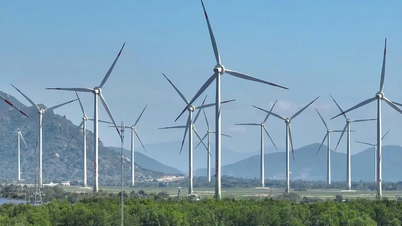







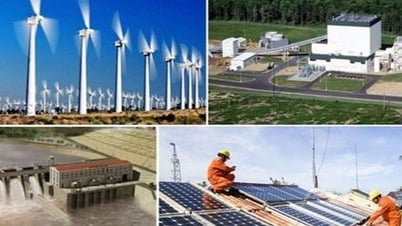

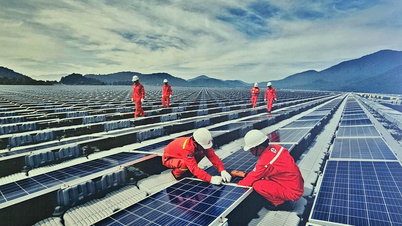



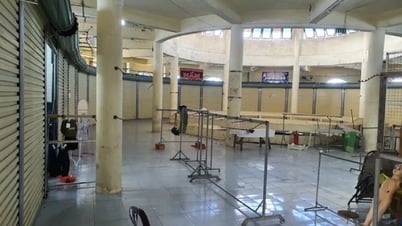
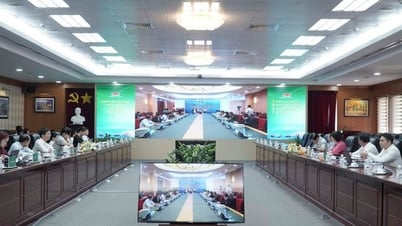

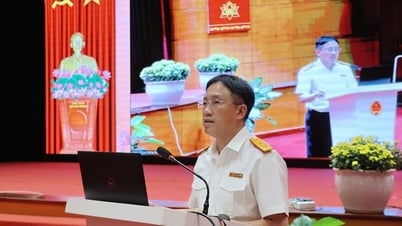
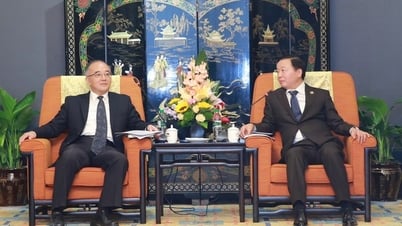







































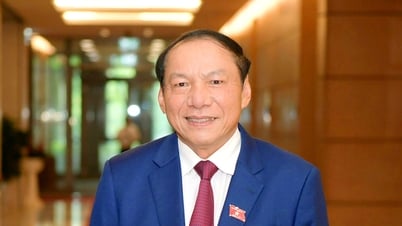







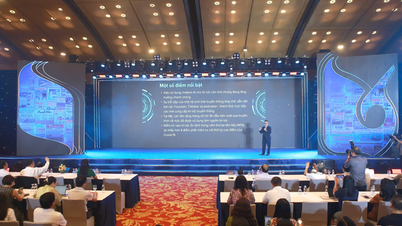


































Comment (0)